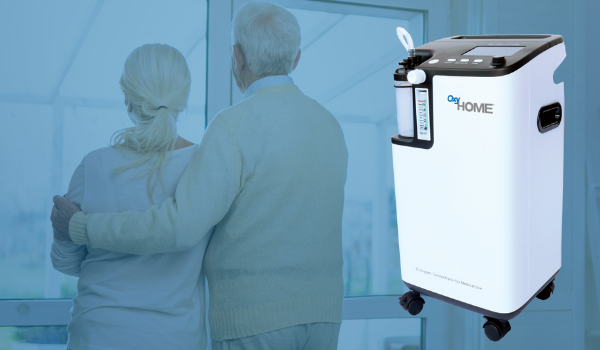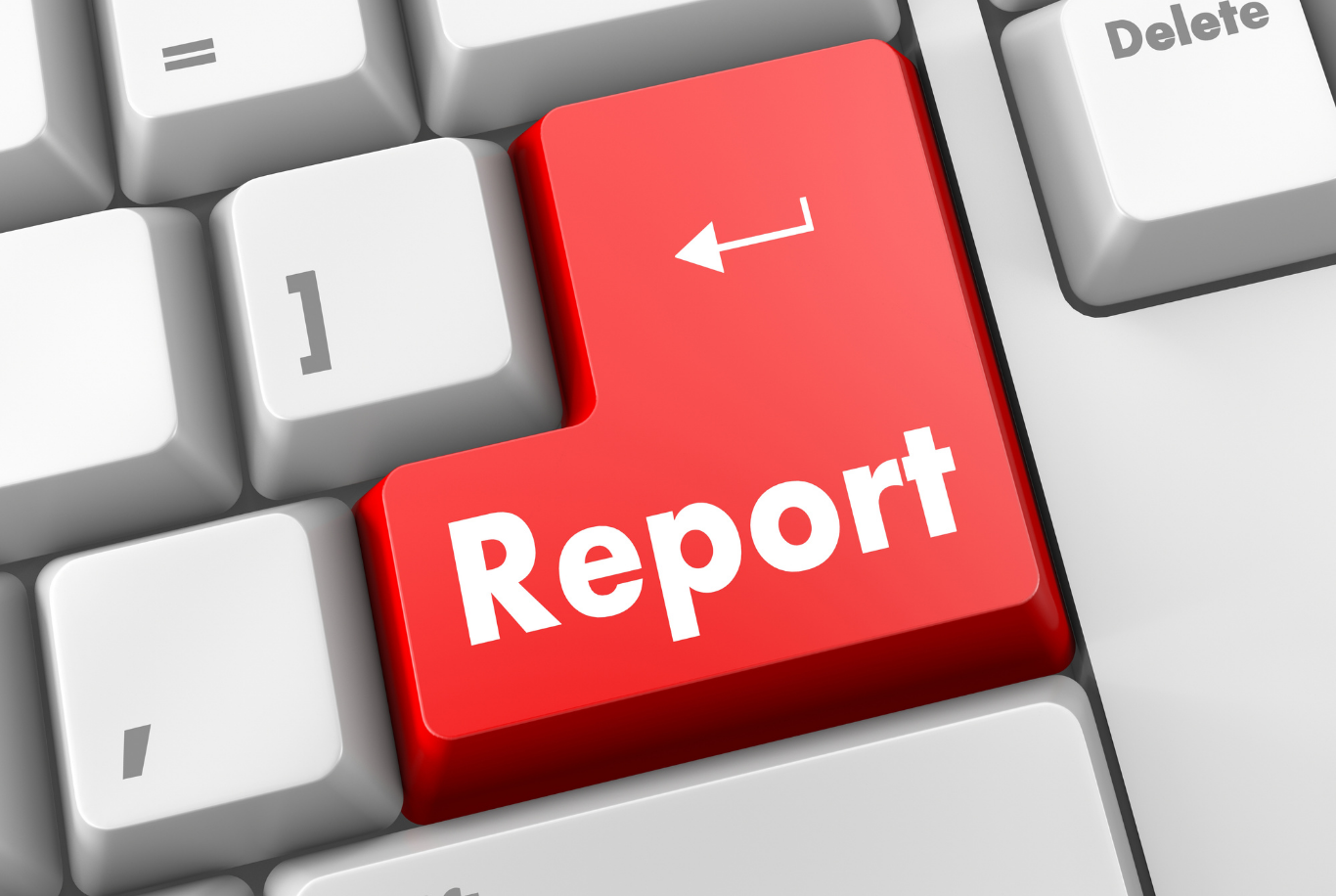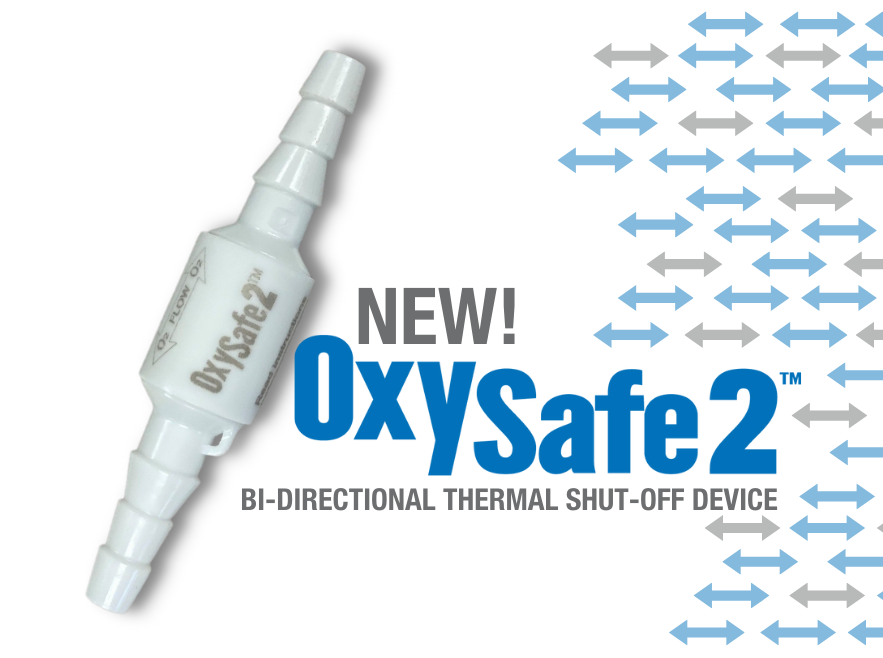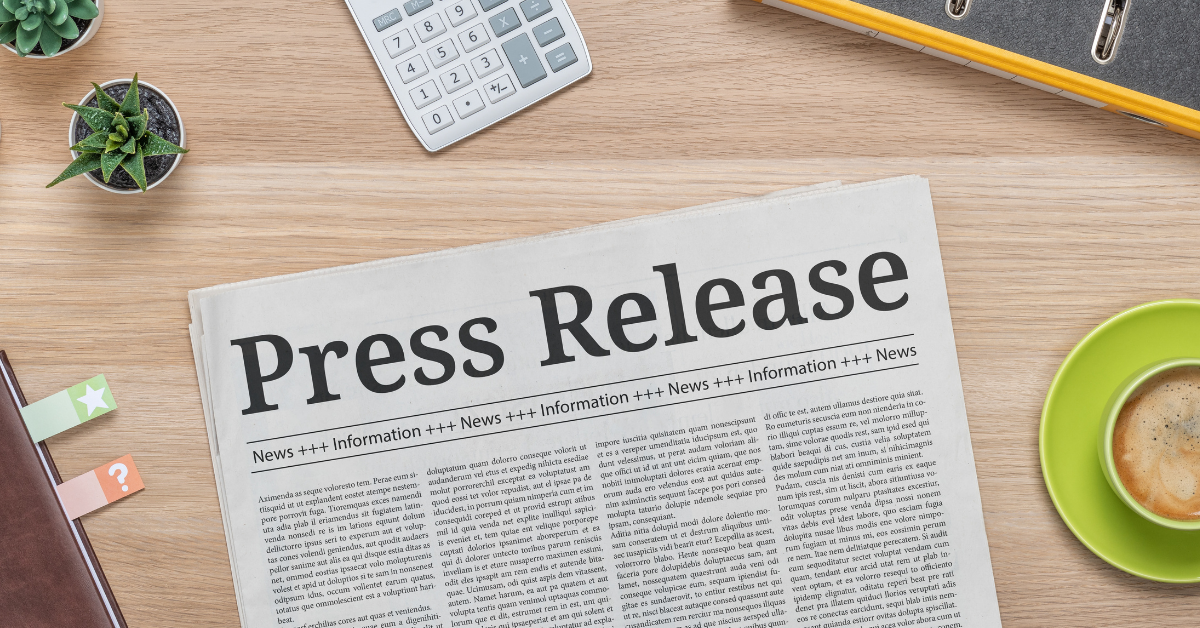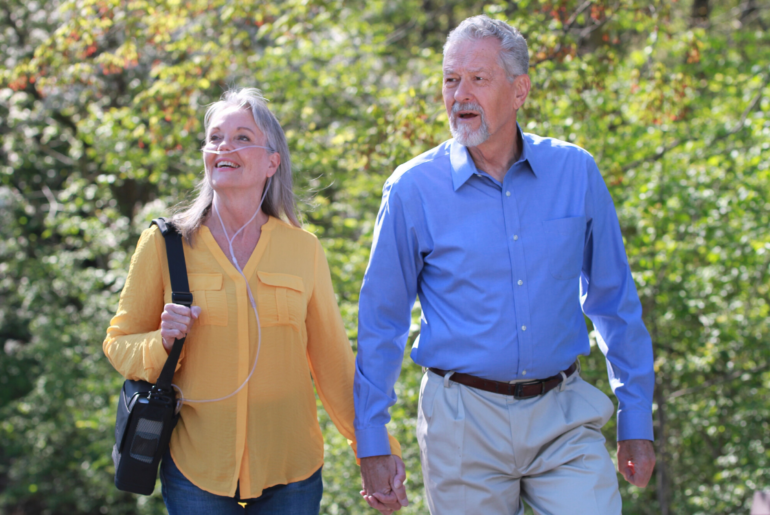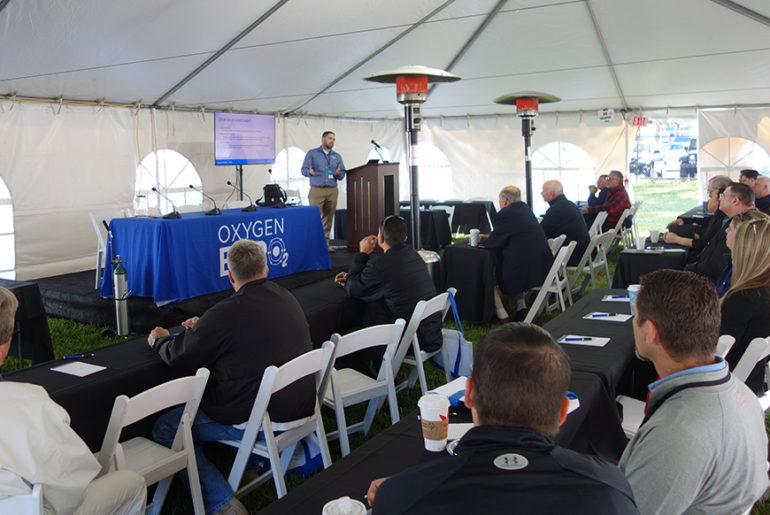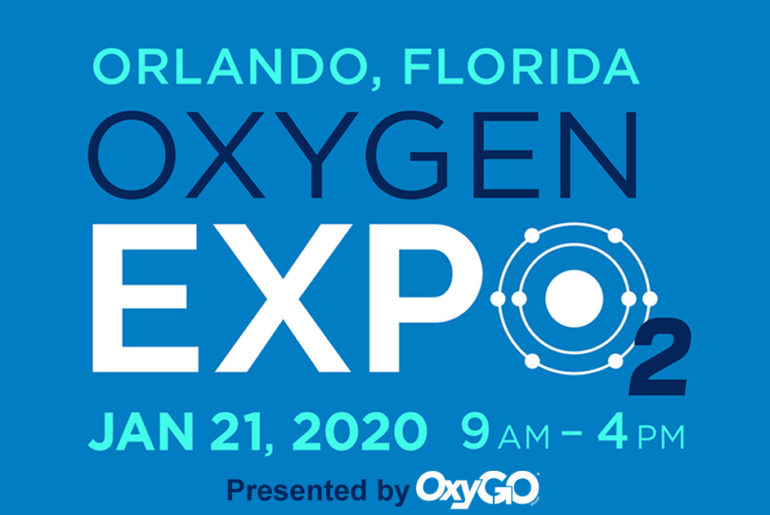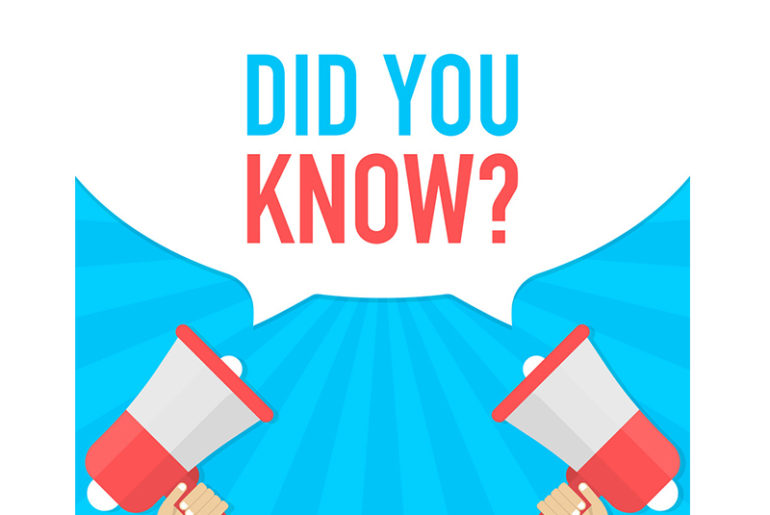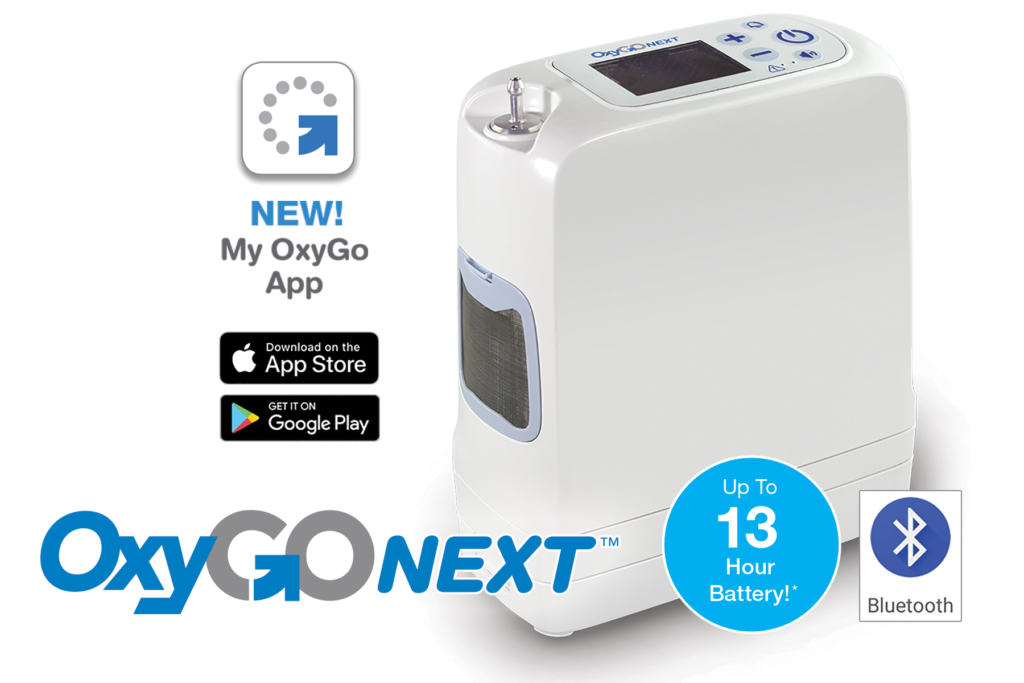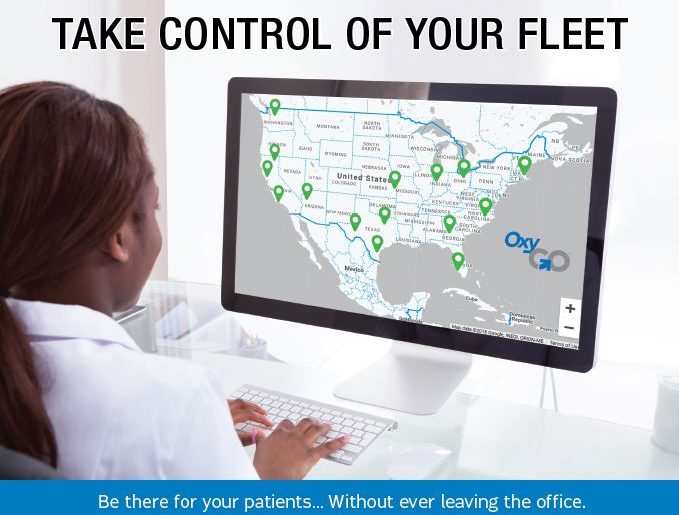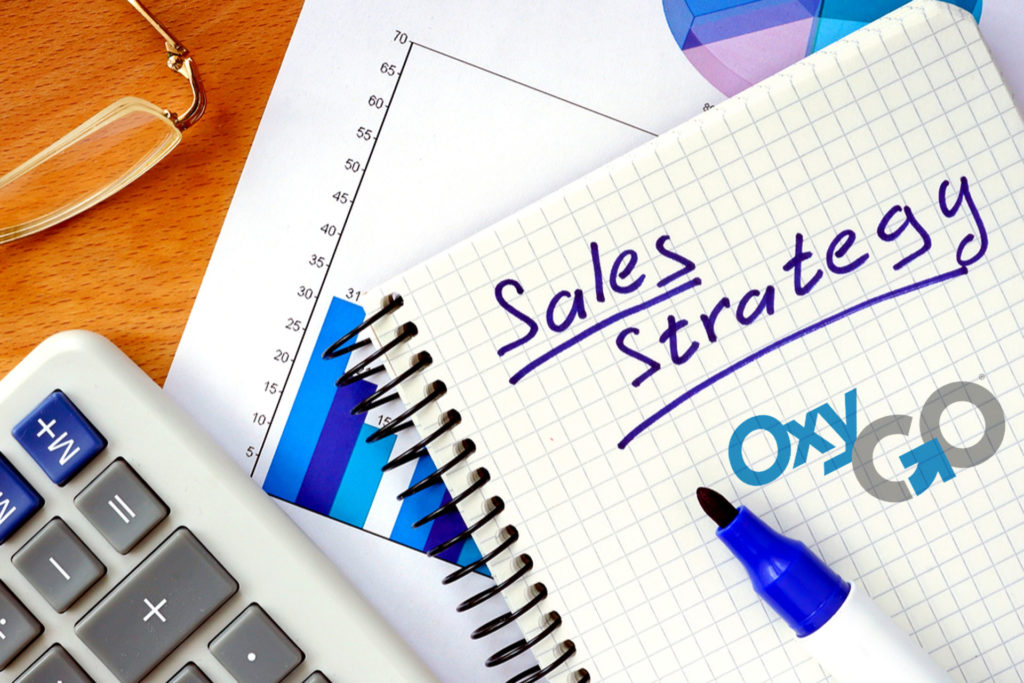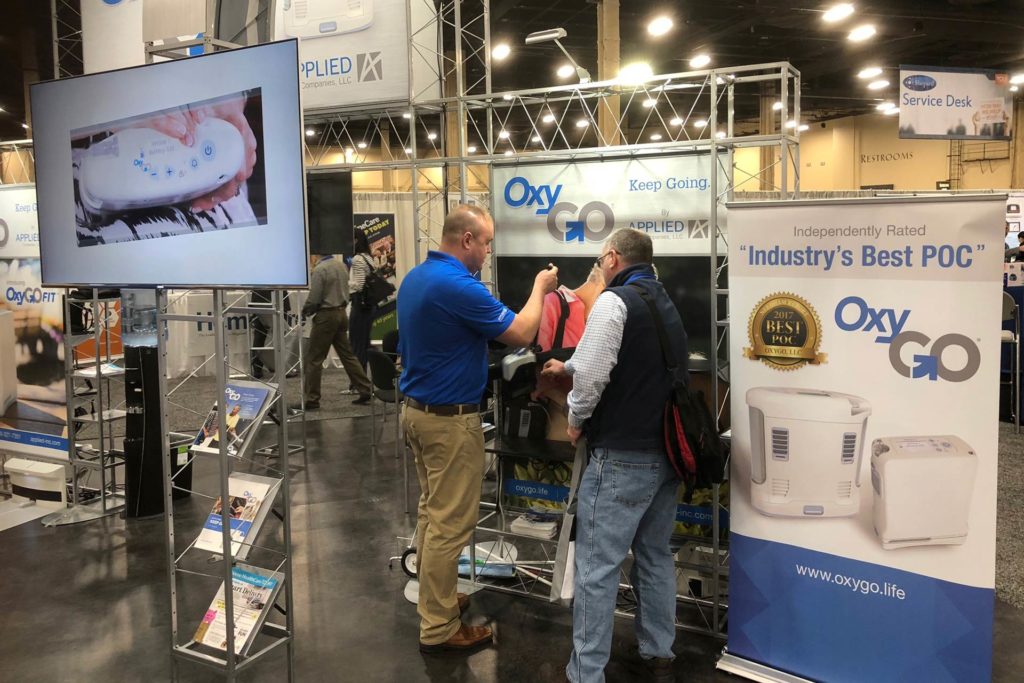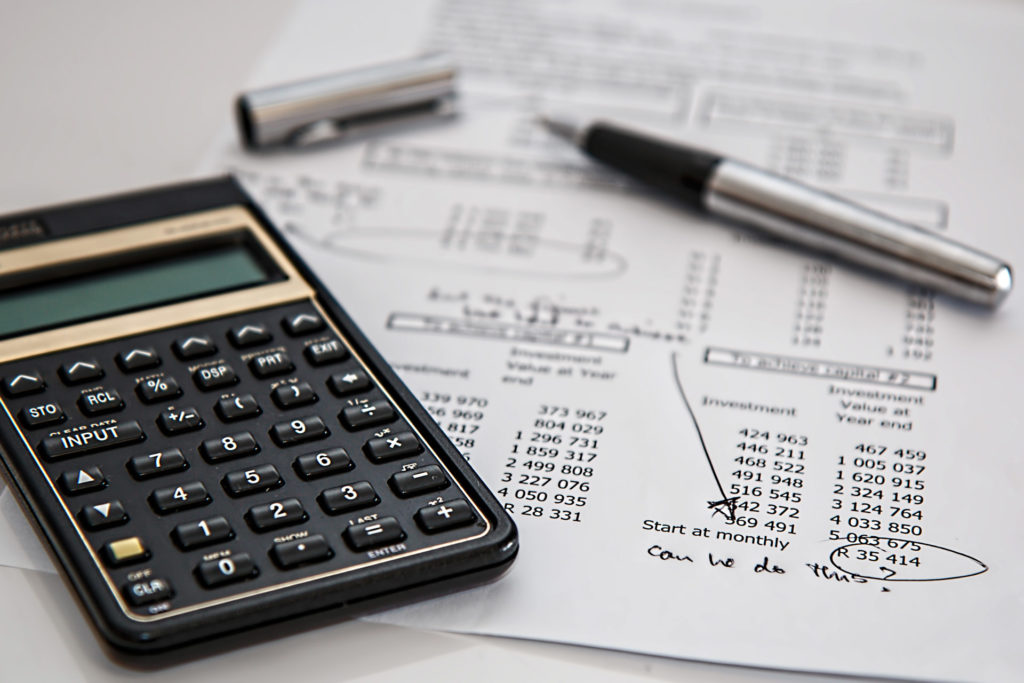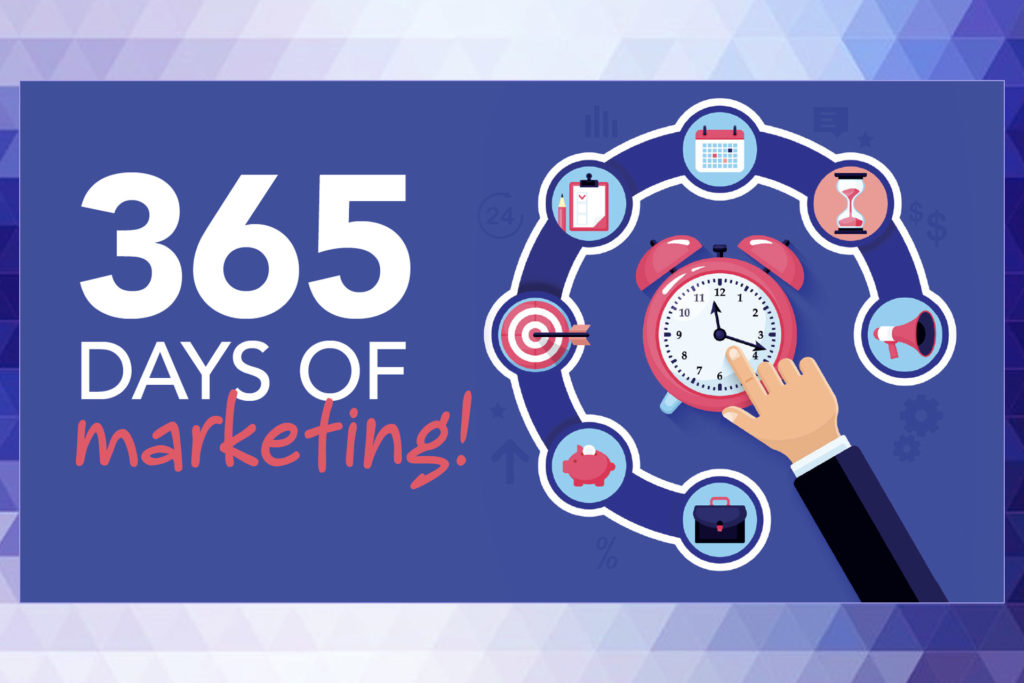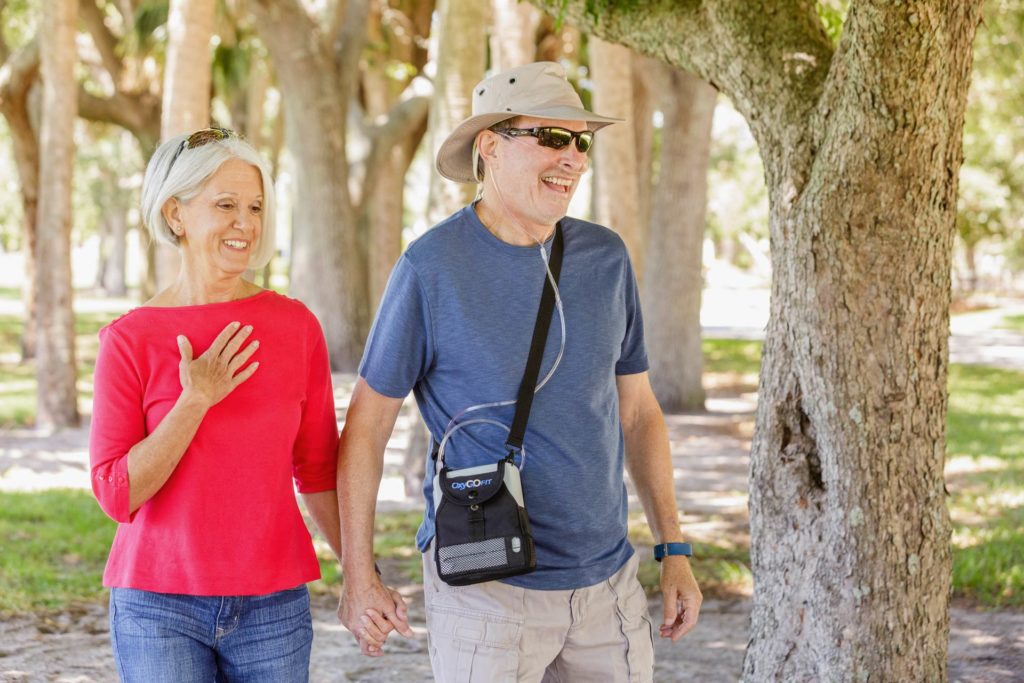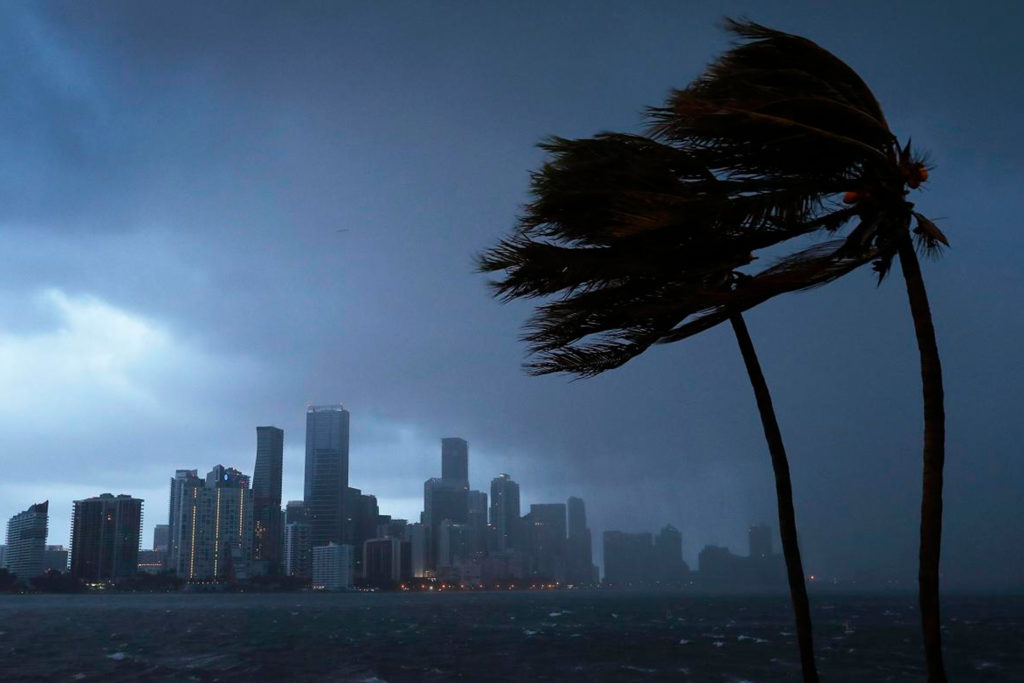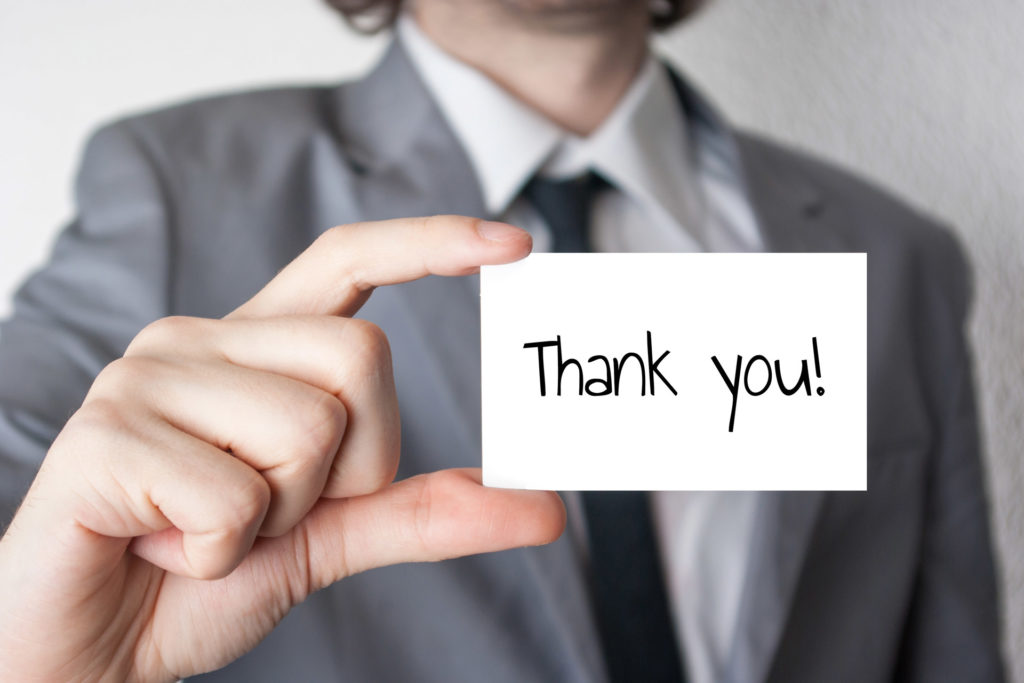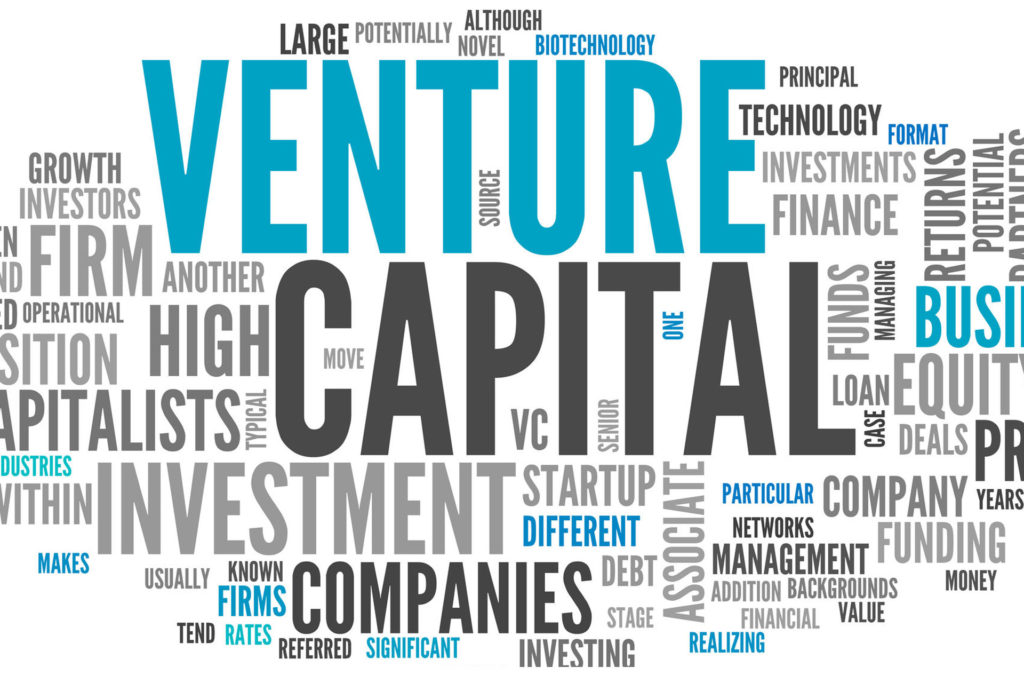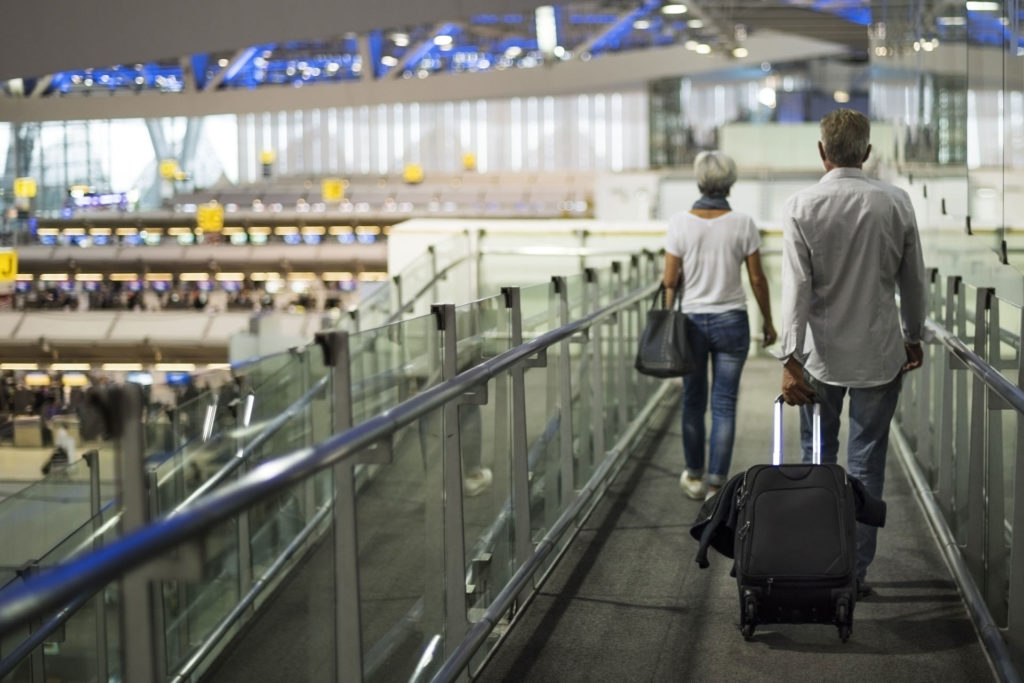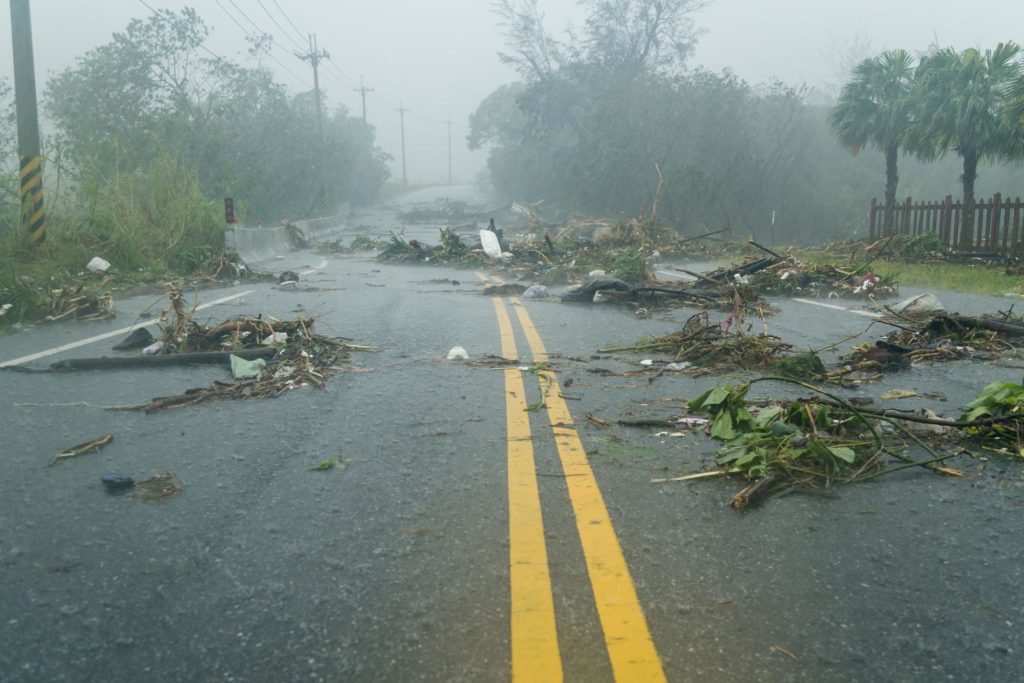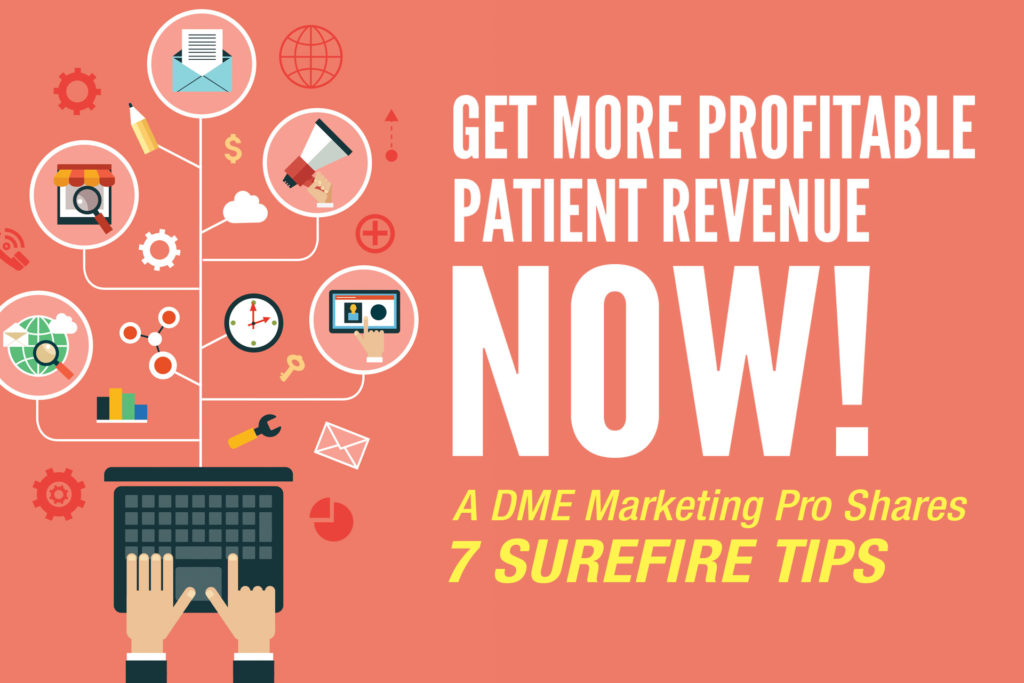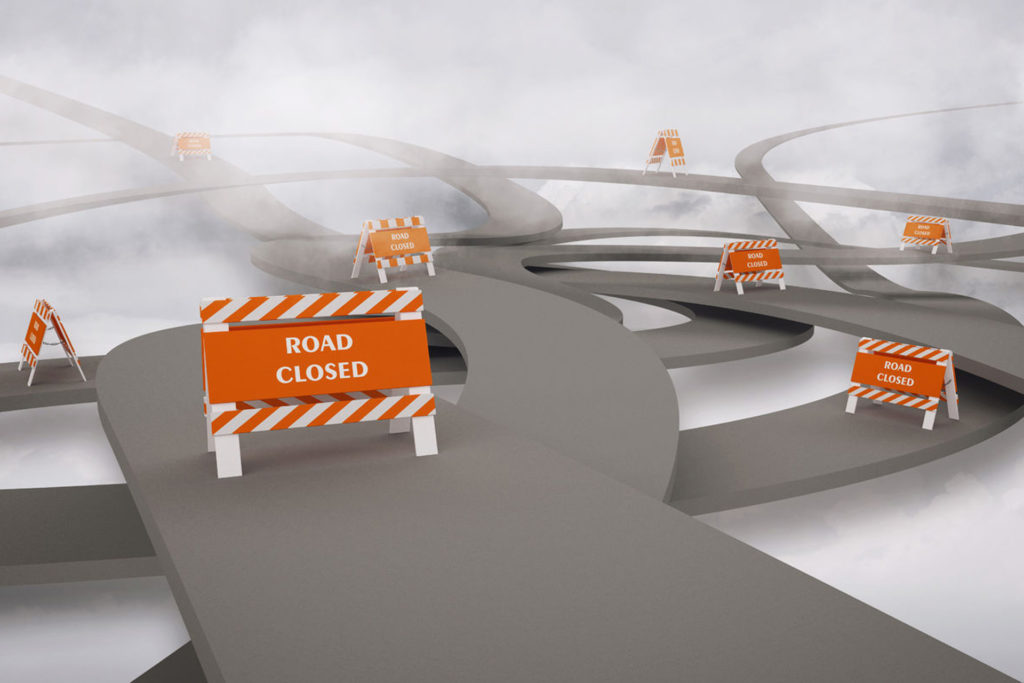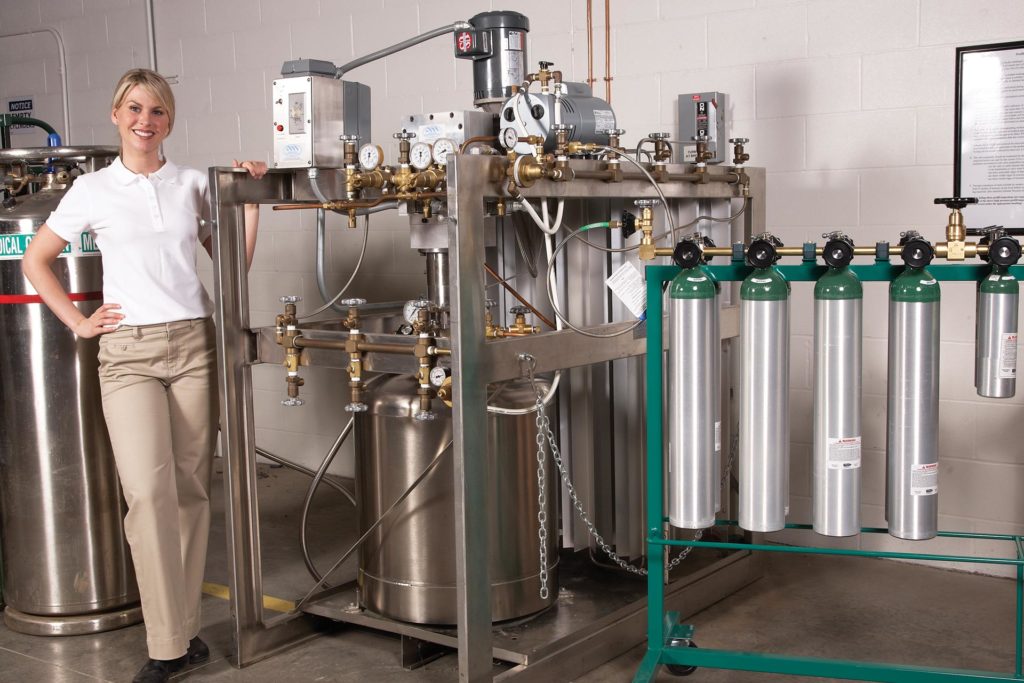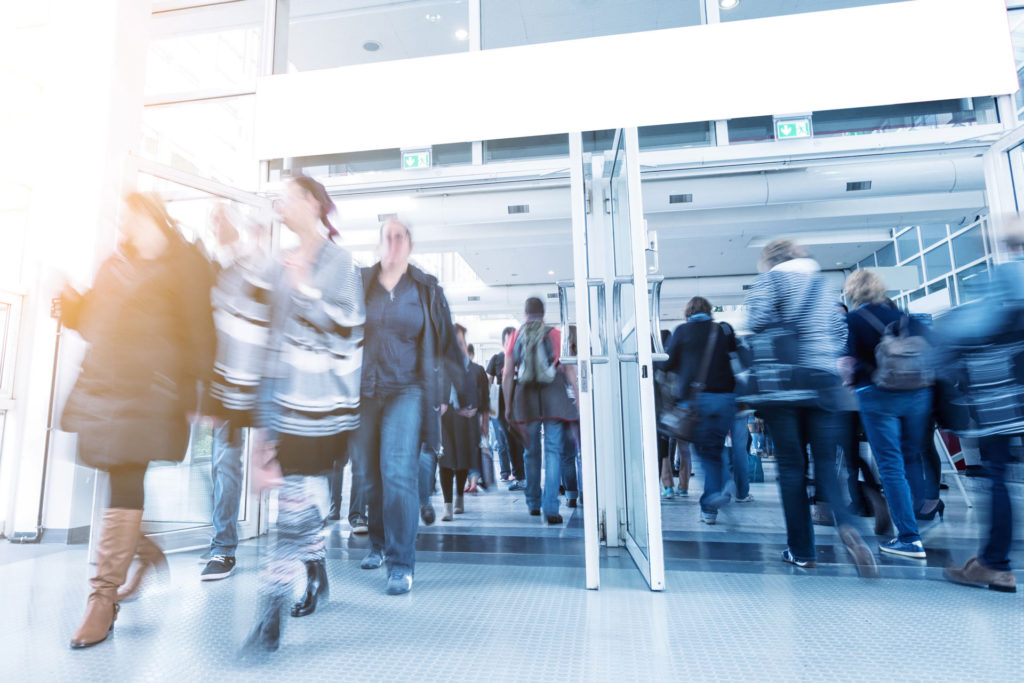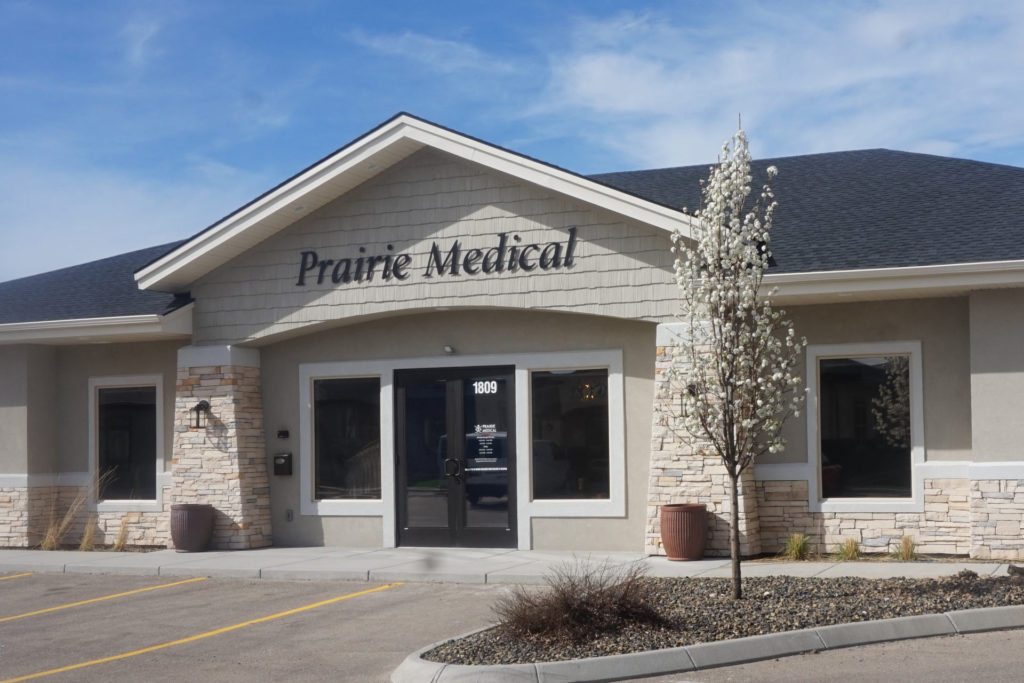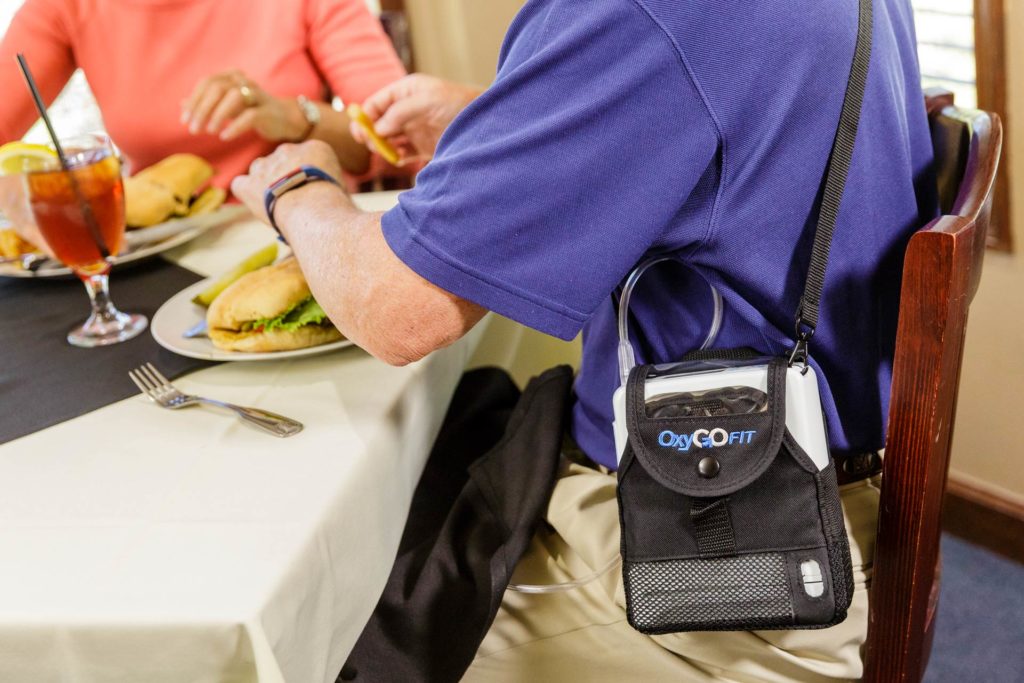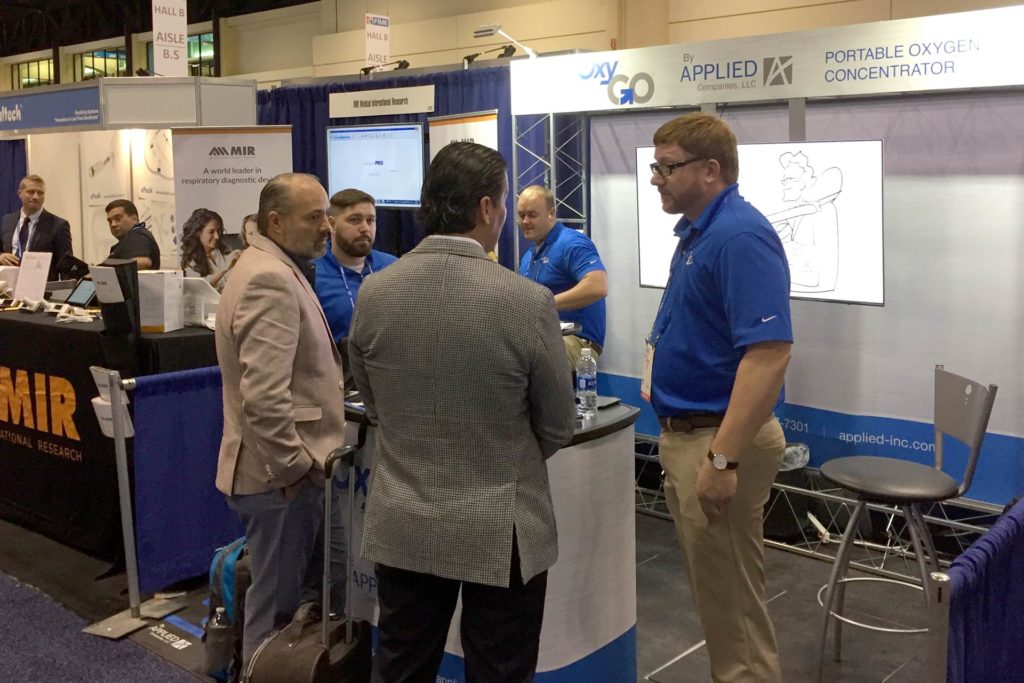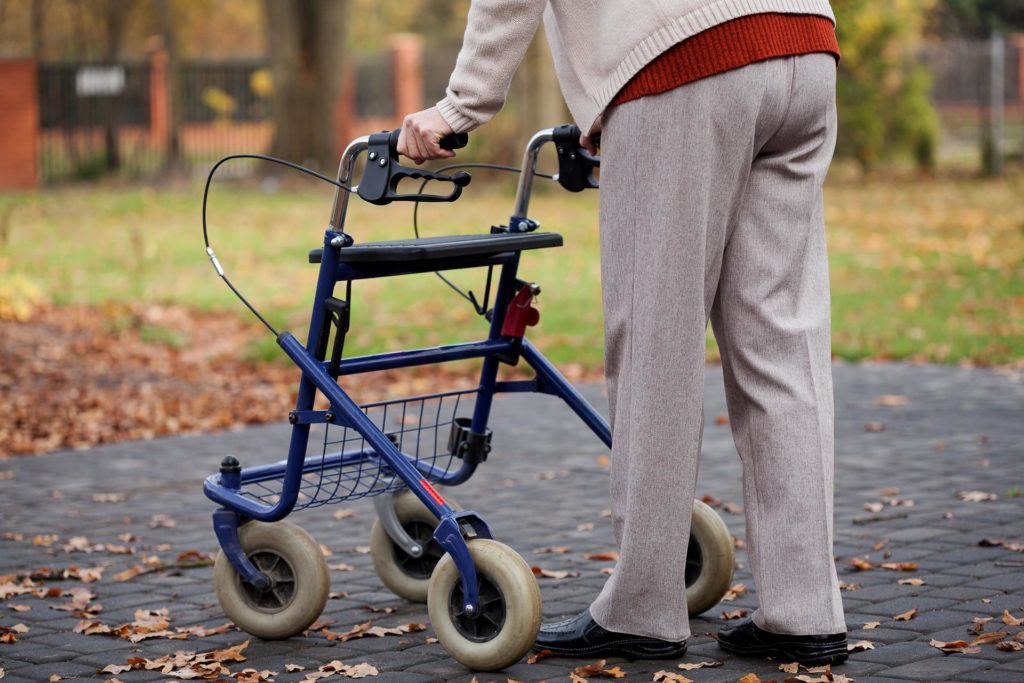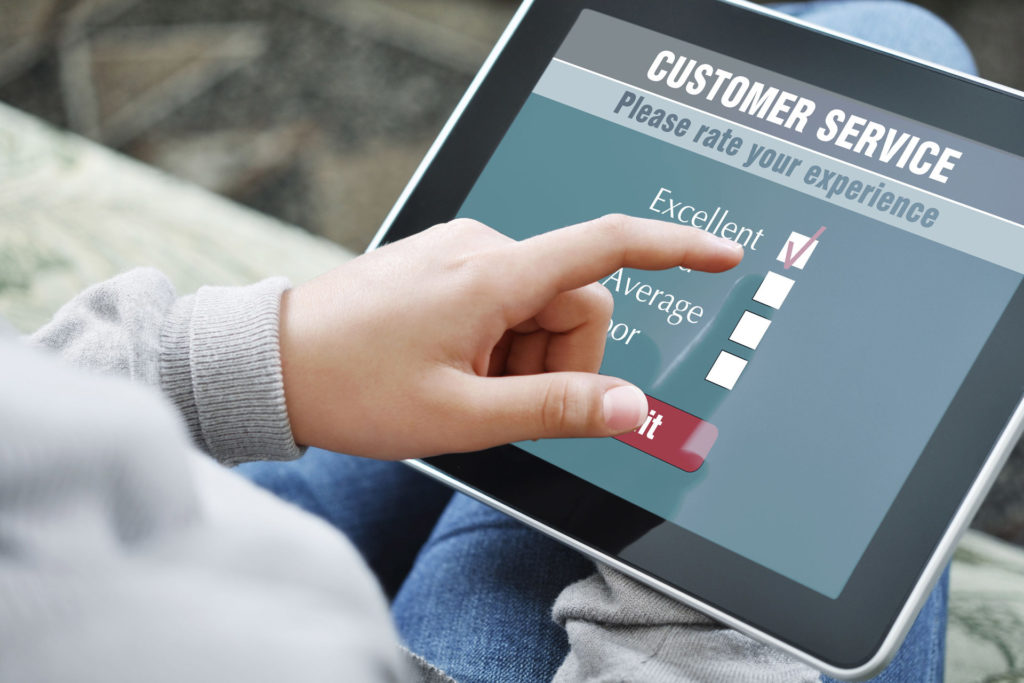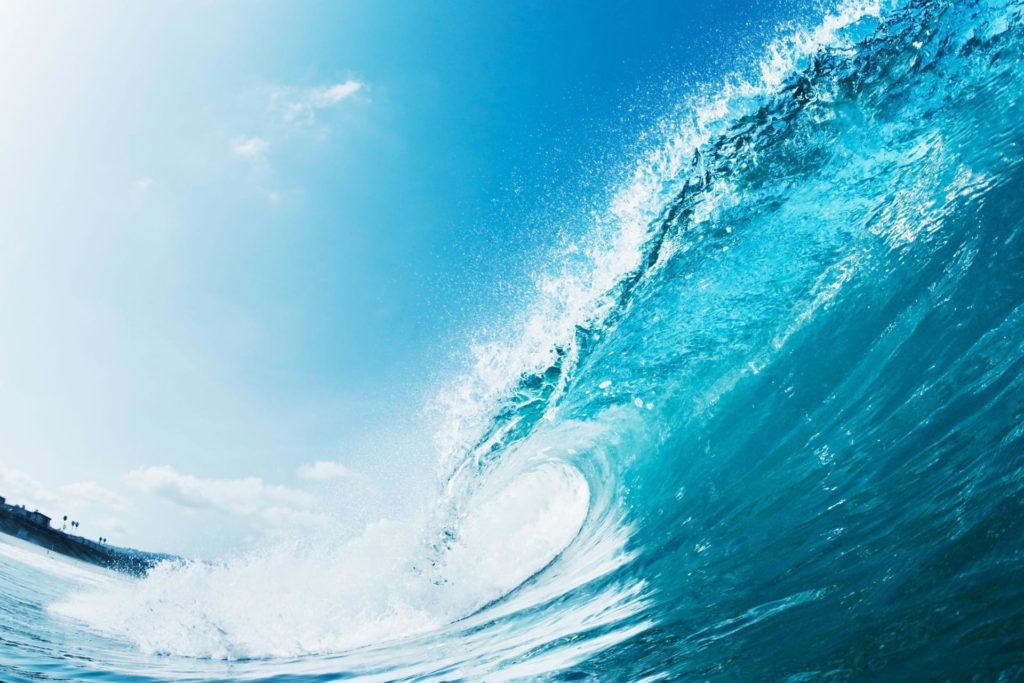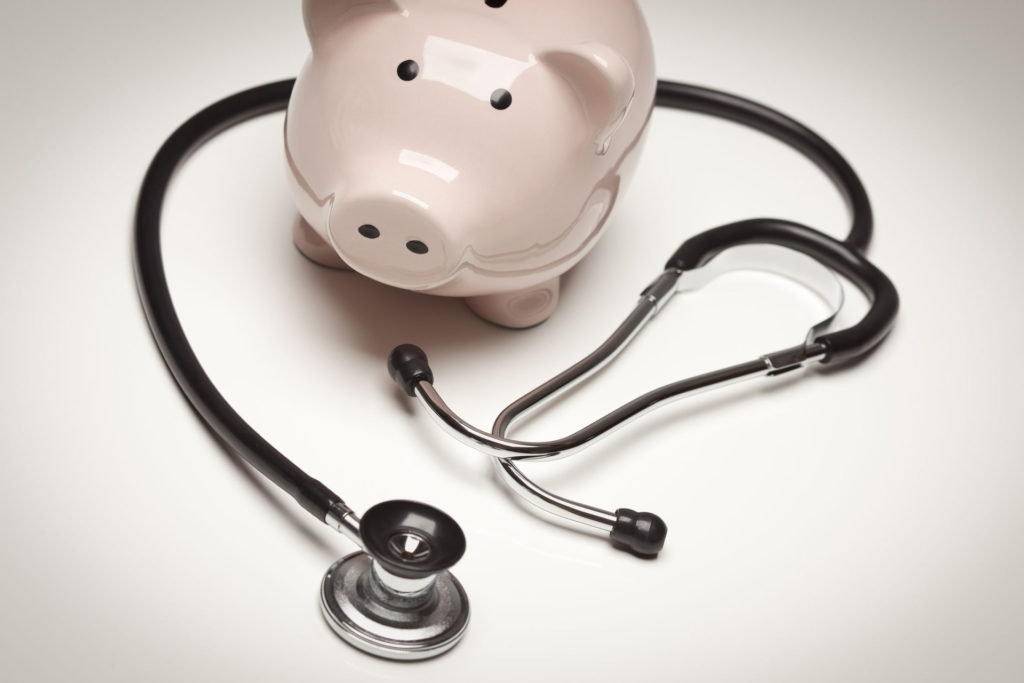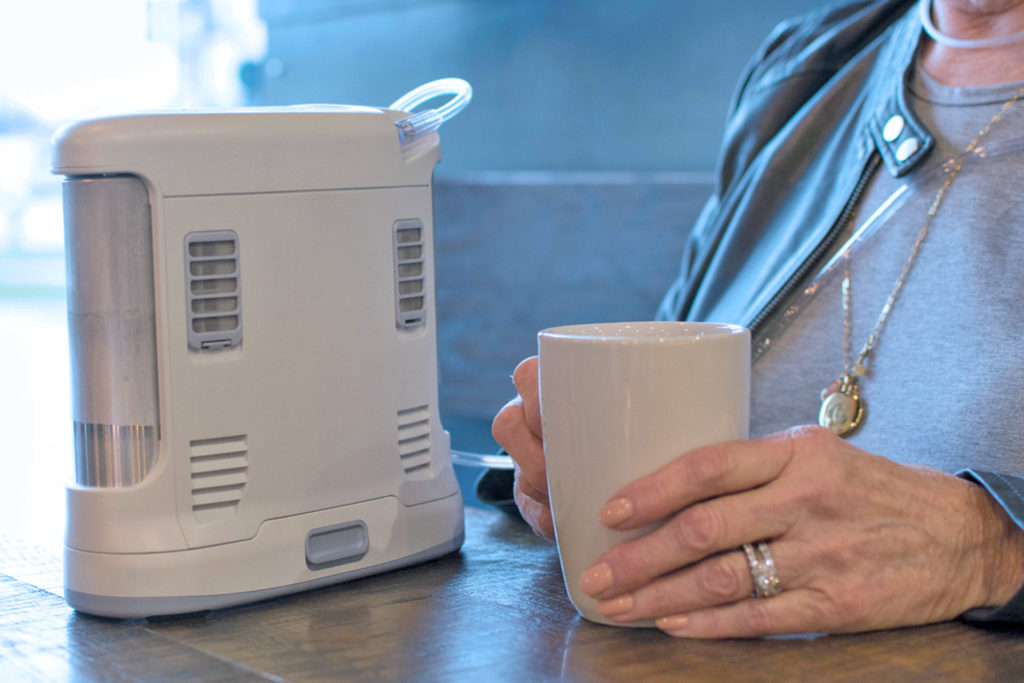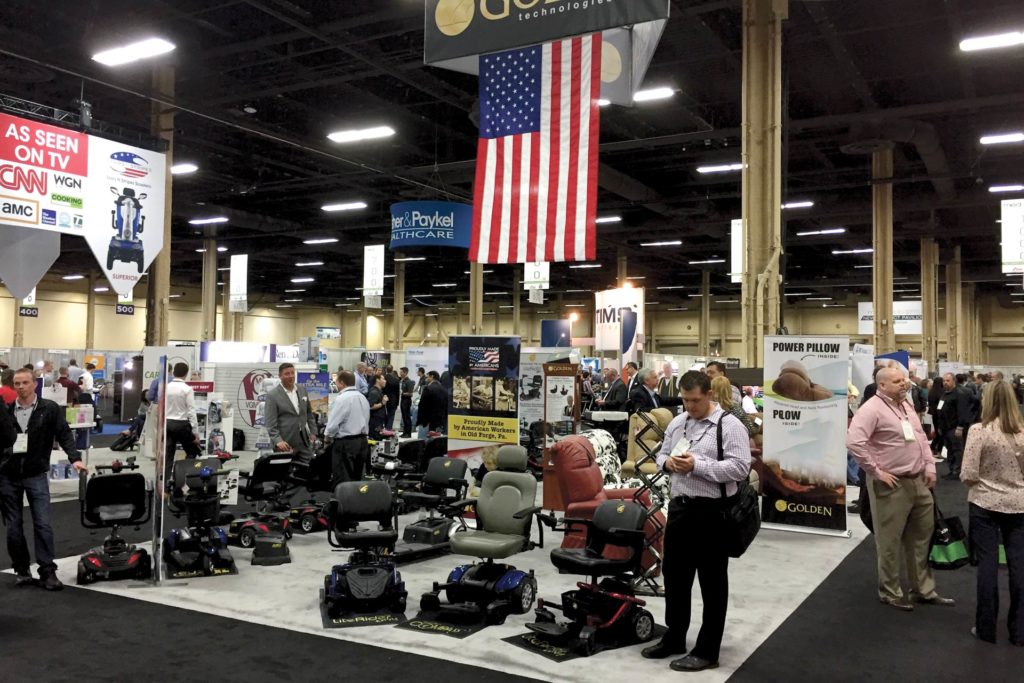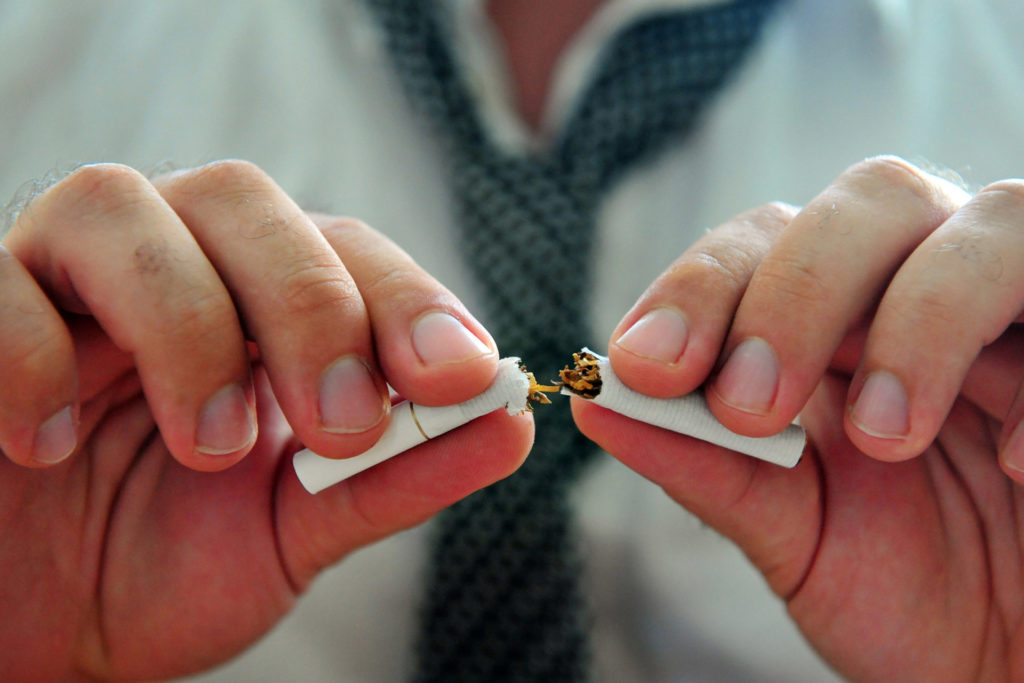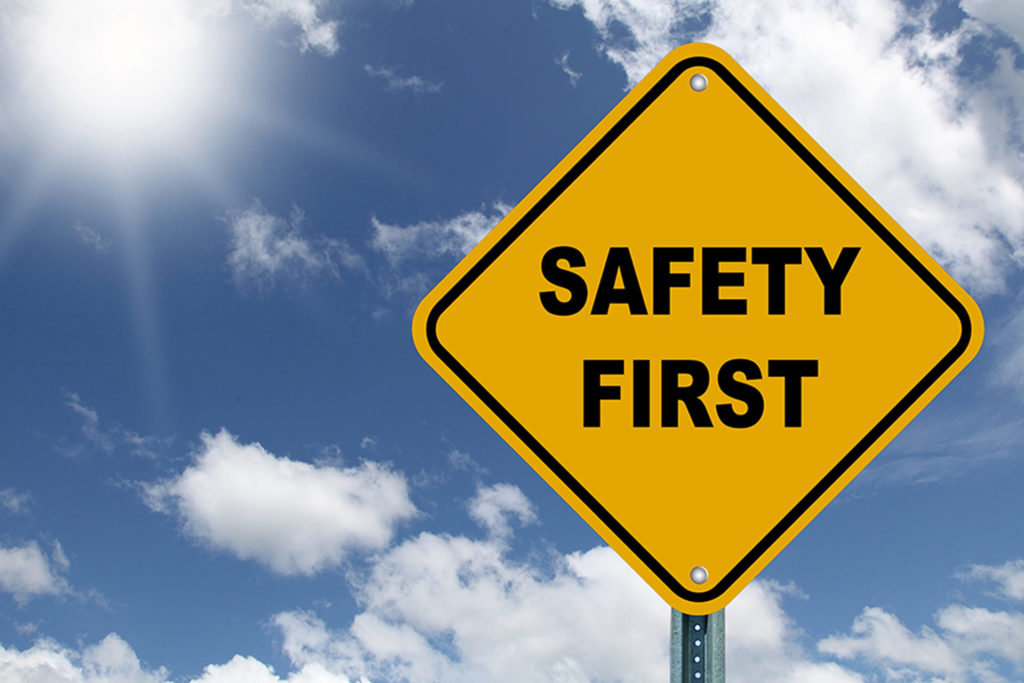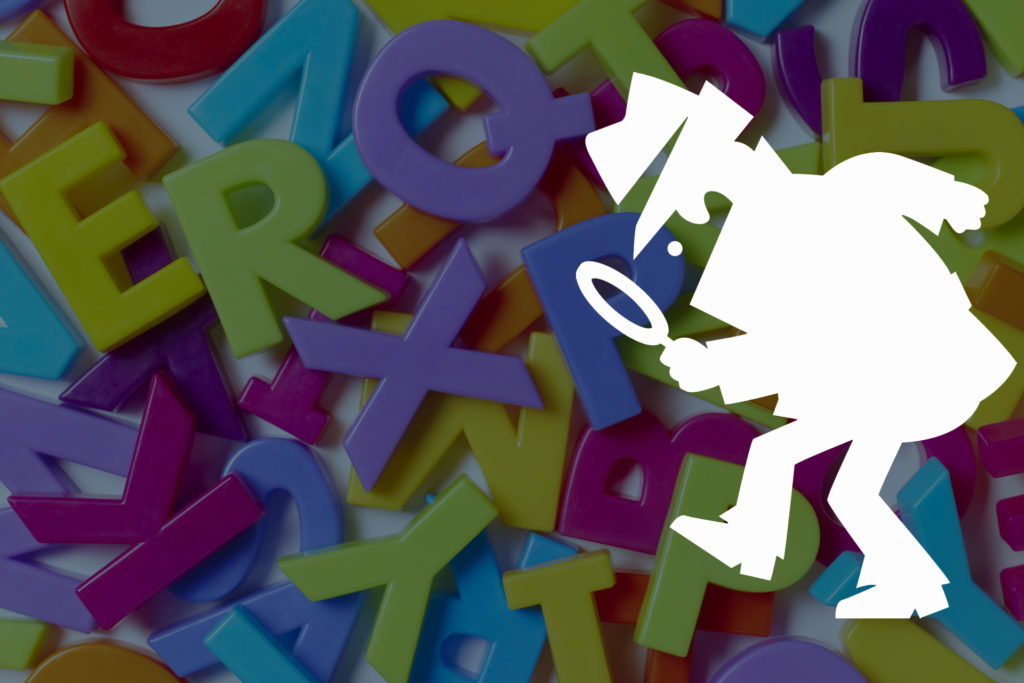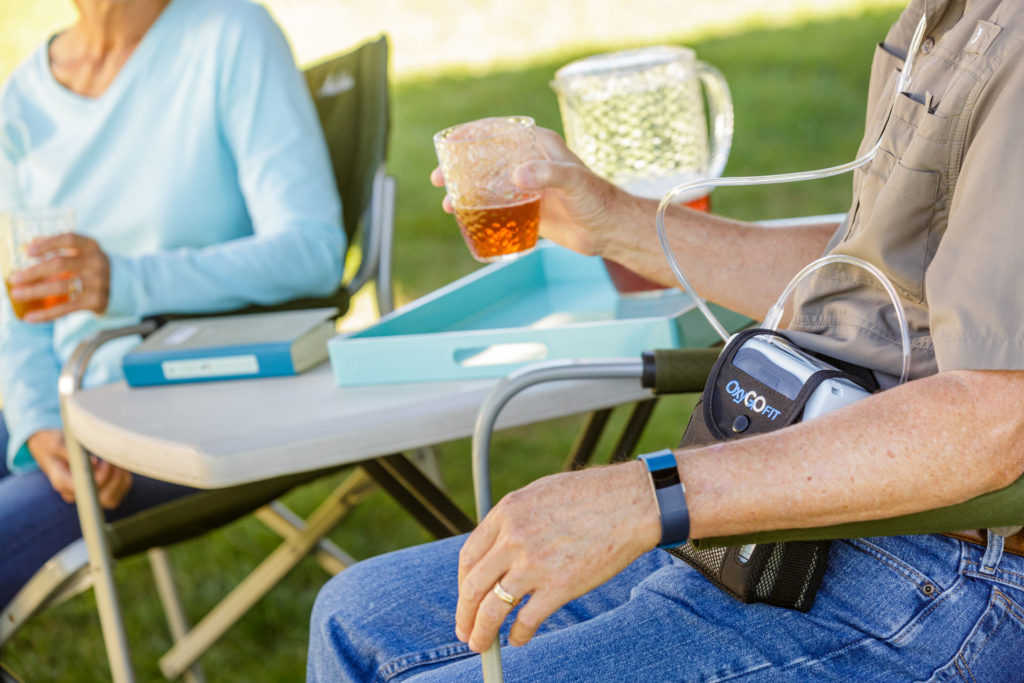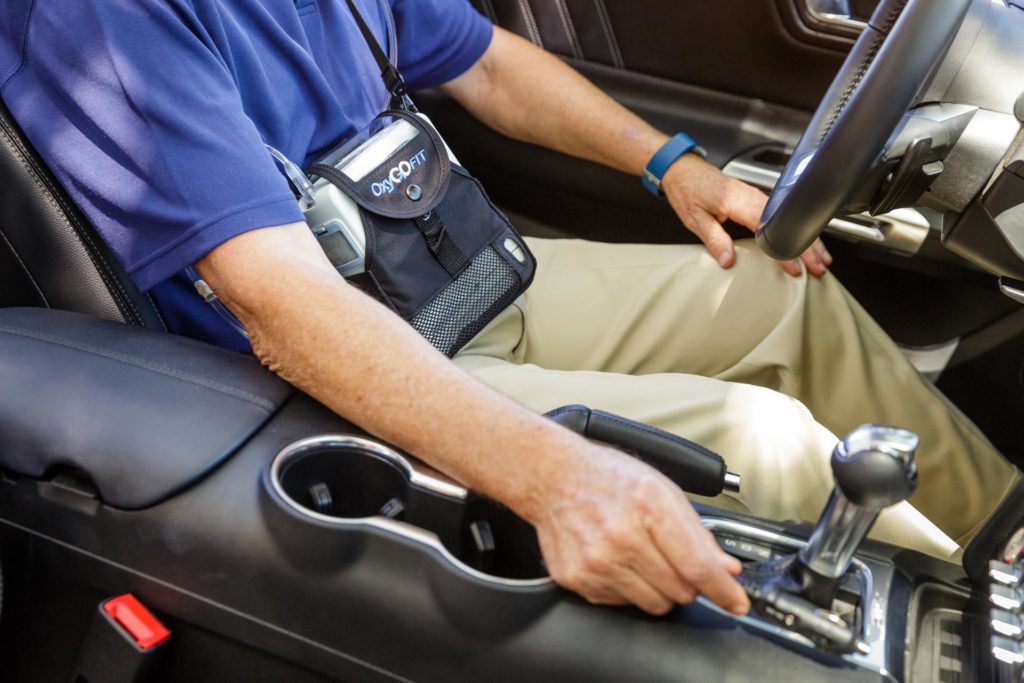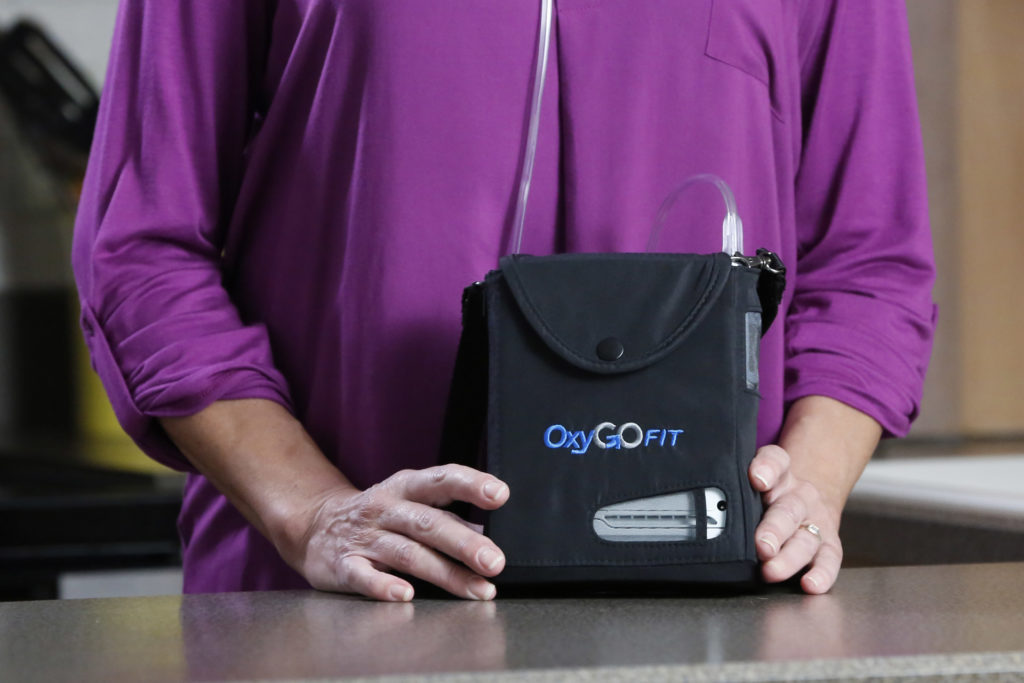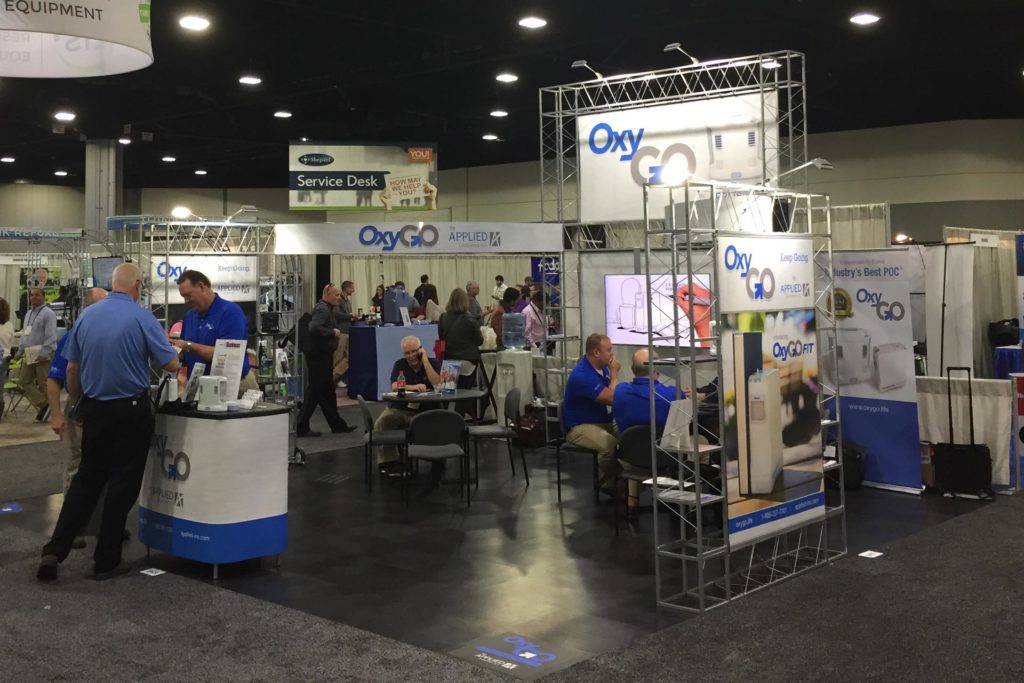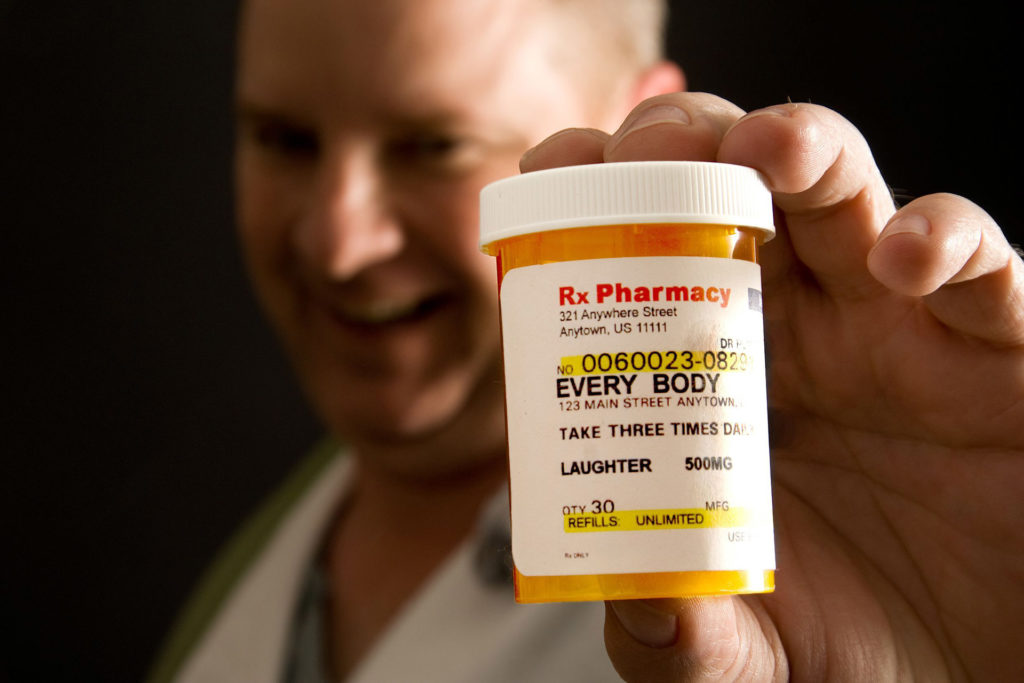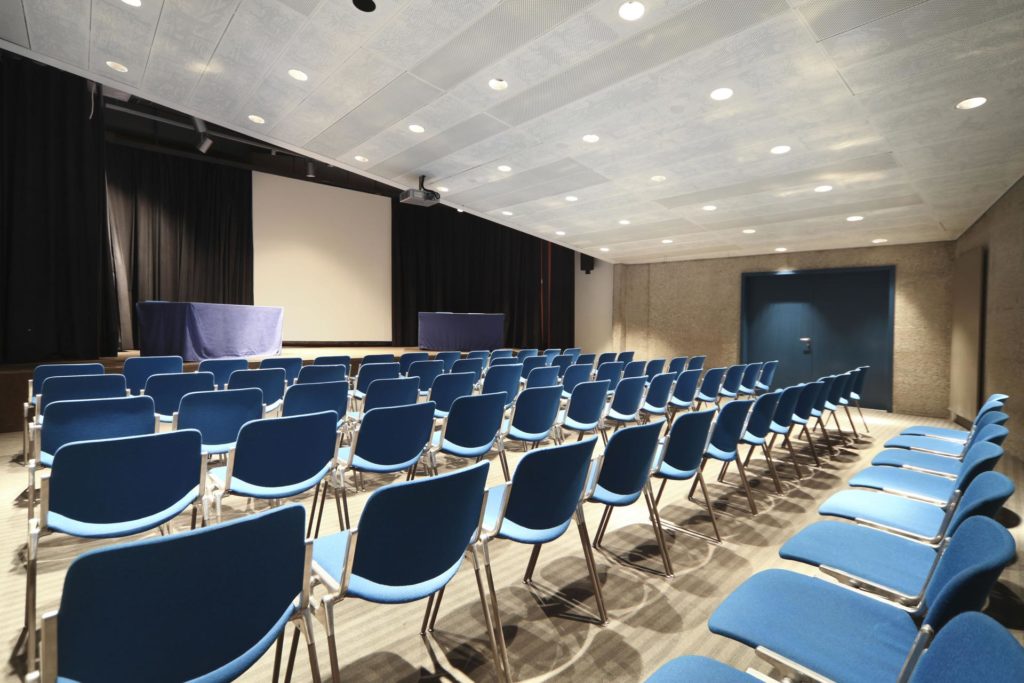Lasting Impact
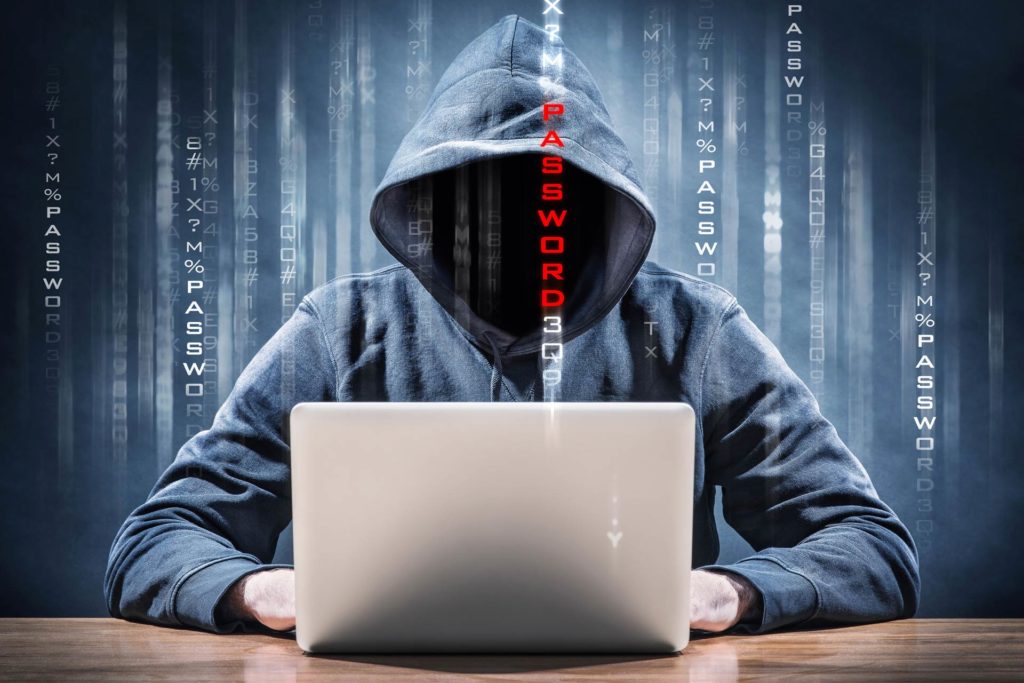
Many of us have enjoyed opportunities to visit Florida and other sunny destinations. Usually it’s a fun trip to soak up a great climate and to visit with great people.
We all think of Miami and other warm weather spots as a kind of paradise, especially in January and February. But as we have recently seen from the hurricanes that savagely struck Texas, Florida and Puerto Rico… there is often a high price for living in these tropical wonderlands.
Everyone appreciates the damage caused by high winds. But we should not forget those same winds also blow in high opportunities for fraud.
The fraud comes in many different forms: charity fraud, Internet fraud, emergency assistance fraud. Recently I attended an FBI presentation that focused on cyber crime. It was a sobering reminder that American companies, citizens in every walk of life, and even children are the targets of adversaries, terrorists, criminals, and on-line predators. Natural disasters are particularly attractive to fraudsters.
Here are a few common scams and what you can do to prevent them:
POWER OUTAGES
Power outages represent opportunities for fraudsters because the outage largely prevents you from being alerted to fraudulent access to your bank ATM accounts, credit cards, loans, re-routing of social security and other payments such as ACH and wire transfers. Never assume because your electricity is out that there is no reason to monitor your personal data security. Make every effort to get on line and even consider a credit or security freeze.
UNAUTHORIZED ACCESS TO COMPANY (and/or)PERSONAL DATA
The same power outages may have disabled or compromised the normal data protection procedures, firewalls, and virus protection of your network. Fraudsters masquerading as legitimate businesses or government agencies attempting to help or alert you to data compromises may in fact be the criminals. Verify through legitimate third sources including phone calls (not the telephone numbers provided by potential fraudsters). Remember, legitimate business and government agencies do not ask for proprietary and / or personal information by e-mail or telephone.
DOZENS OF OTHER FRAUD WARNINGS
A recent FBI public service announcement dated September 20, 2017 (alert number I-0922017-PSA) titled “Fraudsters Capitalize on Natural Disasters” lists many common frauds and what you can do to prevent them.
The warnings include wise advice such as:
'A4 Do not provide personal or financial information to anyone who solicits contributions: providing such information may compromise your identity and make you vulnerable to identity theft.
'A4 Be skeptical of individuals representing themselves over e-mail as officials soliciting donations.
'A4 To ensure donations are received and used for the intended purposes, make them directly to known organizations rather than relying on others to make the donation on your behalf.
'A4 Attempt to verify the legitimacy of a non-profit organization using various Internet-based resources, such as: charitynavigator.org, charitywatch.org, and give.org.
'A4 Fraudsters may also attempt to capitalize on the misfortune of victims by advertising false temporary housing and where victims should send money so that property keys can be mailed to them.
'A4 Offering false job opportunities in which victims receive a fraudulent check they are expected to deposit and distribute to various accounts. The “various accounts” expect real payment from the victim’s checking account.
Edmund Burke (1729-1797), a world renowned Irish statesmen, British MP, and supporter of the American Revolution, famously said: “There is no safety for honest men except by believing all possible evil of evil men.” I imagine Mr. Burke never dreamed of the power in the internet, however his words still apply.
And because words alone are not enough, you, your friends, and those who work in your company can also contact a hotline at the National Center for Disaster Fraud (866-720-5721), if fraud is suspected. The Center is headquartered in Baton Rouge, LA. Since 2005, NCDF has received over 70,000 complaints from 50 states, 6 territories, and 4 countries involving over 50 natural and man-made disasters. In connection with Hurricane Katrina alone, federal prosecutors charged over 1,300 disaster fraud cases in 49 different districts.
WHAT TO DO IF YOU’RE A VICTIM
1. REPORT IT
If you believe you have been a victim of an internet-related crime, report it to these government authorities:
2. CONTACT CREDITORS
Federal law provides valuable rights if you used a credit card to pay an organization who defrauded you. The law allows you to dispute charges for goods that were never delivered or not delivered as represented.
3. MONITOR & PREVENT
Here are some free and easy ways to keep tabs on your finances and prevent future cases of fraud:
- Actively monitor your bank and credit card statements for fishy transactions.
- Keep an eye on your credit report. By law, you’re entitled to a free report every year from each of the three bureaus.
- Use strong passwords for online accounts. Never use the same password for multiple accounts.
- Shred all sensitive documents on a regular basis.
RELATED POSTS
